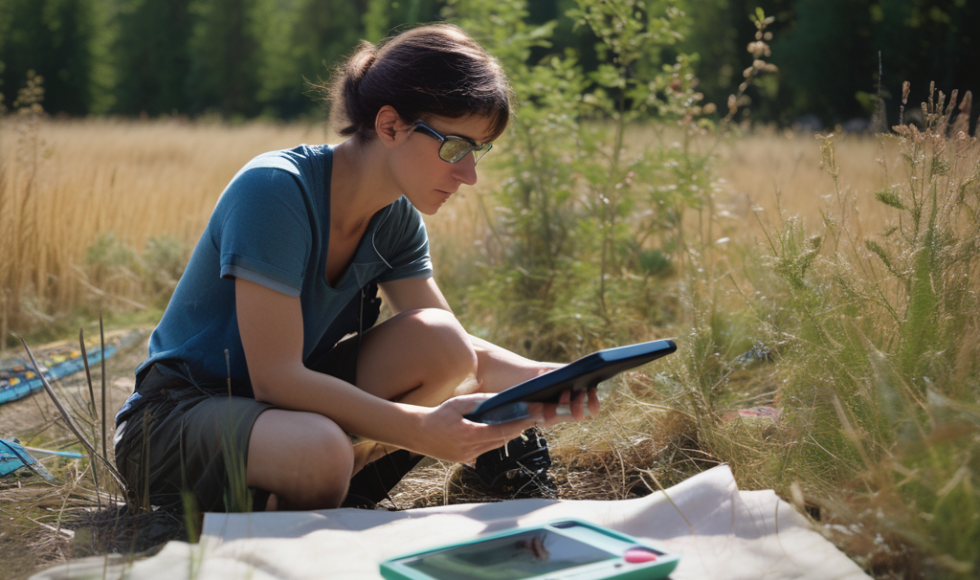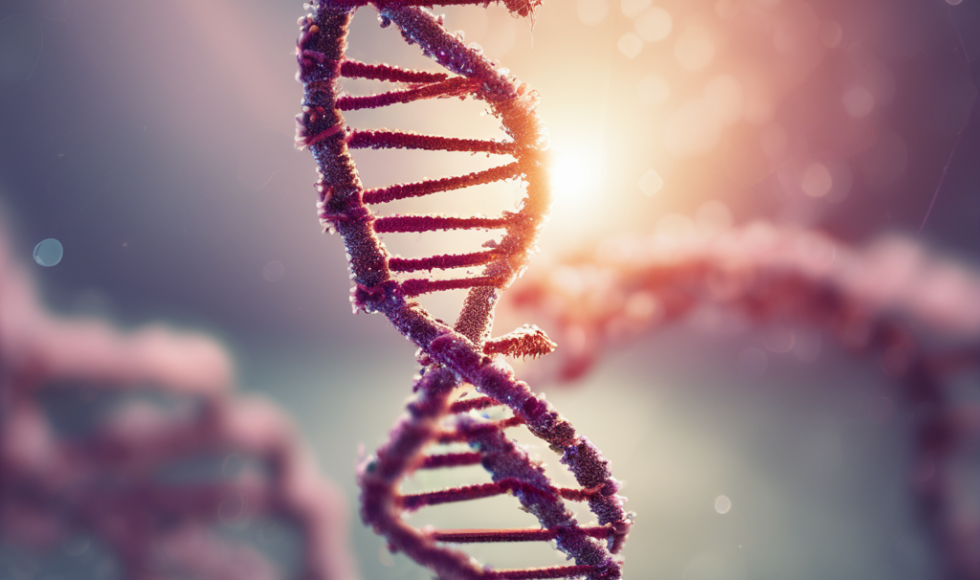Tom Walsh from the University of Washington in the USA spoke at London Calling about “Discovery of deeply intronic damaging mutations with nanopore sequencing.” Walsh explained that in the 1990s, genetic testing for predisposition to breast cancer began. In the 200s, additional cancer-risk genes were discovered. Now, there are numerous panels and ten genes for […]
Tonight, I watched Tomas di Domenico from the National Cancer Research Center in Spain present at London Calling 2024 on “An (epi-)genomics analysis of drug resistance in multiple myeloma.” Di Domenico explained how multiple myeloma affects the bone marrow and thickens the blood. Multiple myeloma also causes bone issues. There are several treatments and a […]
The London Calling 2024 studio interview session I watched tonight was about rapid tumor classification. Zoe McDougall spoke to Simon Paine from Nottingham University Hospitals NHS Trust in the UK. Paine is a neuropathologist and analyzes samples to predict patient outcomes. They are excited about discovering ways to classify tumors using Oxford Nanopore Technologies. The […]
Tonight, I watched the London Calling 2024 studio interview about innovations in conservation and RNA in liquid biopsy. Zoe McDougall interviewed three researchers about conservation genomics and the accessibility of the technologies. Mrinalini Wasta from the San Diego Zoe Wildlife Alliance spoke about the challenges of taking samples from outside communities and involving partners. The […]
The London Calling 2024 virtual platform is no longer available! So, tonight, I started watching the available YouTube playlists. The first consists of studio interviews. I watched the “LC24 Studio: Understanding Structural Variation, Population Genomics” session. Zoe McDougall interviewed presenters. Belen de la Morena from the University of Murcia in Spain spoke about their interest […]
Tonight, I watched the London Calling 2024 session “CoRAL accurately resolves extrachromosomal DNA structures with long-read sequencing.” Matthew Jones from Stanford University was the presenter and spoke about their toolkit to study extrachromosomal (ecDNA) oncogene (focal) amplifications. ecDNA seems to be large (100 kb-50 Mb) circular and highly rearranged. Jones noted it is also rapidly […]
Continuing with the London Calling 2024 sessions available on demand, tonight I watched Carol Greider from the University of California, Santa Cruz, present on “Nanopore sequencing reveals conservation of chromosome end-specific telomere lengths.” Greider spoke about telomeres, DNA sequences at the ends of chromosomes and their roles. Human telomeres consist of tandem repeats of a […]
Tonight, I watched the London Calling 2019 session by Anna Schuh from the University of Oxford in the UK. The title of the presentation was “Global applications of nanopore sequencing in clinical haematology.” Schuh explained that blood cancers are challenging to treat and that patients would benefit from precision medicines. Chronic myeloid leukemia was the […]
Tonight I watched Jeroen de Ridder from the University Medical Center Ultrecht in the Netherlands present at London Calling 2019. They spoke about “Cyclomics: ultra-sensitive nanopore sequencing of cell-free tumor DNA.” Ridder spoke about the importance of detecting the recurrence of cancer in patients. Common diagnostics may not be suitable, and liquid biopsies of the […]
Martin Smith from the Garvan Institute of Medical Research in Australia was mentioned in the London Calling 2019 session I watched yesterday. Today, I watched the recording of the 2019 London Calling session that Smith did on “Leveraging long reads for high-throughput multiomic analyses of cellular diversity in human tumours.” Smith wasn’t able to travel, […]










